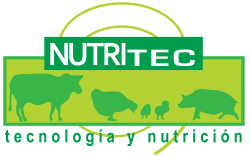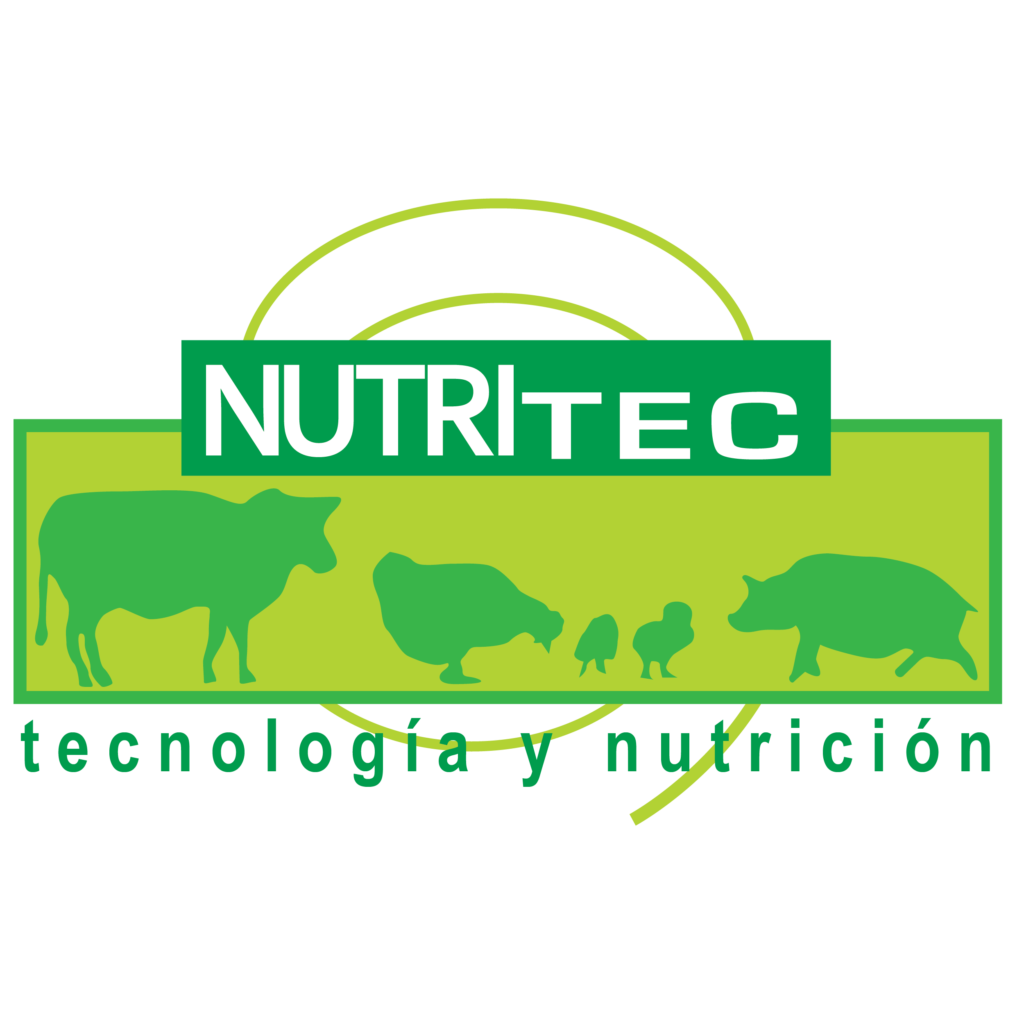When we think about the importance of the liver, its impact on livestock health and animal welfare and on production parameters, we sometimes underestimate it. The liver has many functions; we can say that it is the body's factory since the metabolism of most lipids, carbohydrates, proteins, minerals and vitamins takes place here.
It is also important since bile salts are formed there, which are necessary for the absorption of fats and fat-soluble vitamins, we must also mention its function of eliminating waste products and toxins.
Therefore, the health of the liver must be taken into account when we talk about poultry production and we must monitor the health status of the liver of our animals.
There are several factors that must be considered to determine the health of the liver.
- Color: A healthy liver should be a reddish-brown color, when liver health is compromised it turns orange or even yellowish, and this usually indicates that fat is beginning to accumulate.
- Consistency: A normal healthy liver should be resistant to pressure, if it is not and even if it falls apart, that means something is wrong.
- Size: The normal liver does not stand out from the abdomen, it also has sharp edges, if the edges begin to round and the size increases, these are the first symptoms of inflammation.
- Other signs: As blood clots or necrotic areas, they can indicate liver disease, aflatoxins can cause subcapsular hemorrhage and necrotic spots can be seen during infection by Salmonella pullorum. Some metabolic diseases, such as Hemorrhagic Fatty Liver Syndrome, can disrupt the liver by producing blood clots or even severely bleeding liver.
Our goal must always be to prevent the liver of our animals from suffering any injury. Some compounds that can help prevent damage and reduce it:
- Vitamin B1 or Thiamin: It is essential for the process of transforming sugars and plays an important role in conduction of nerve impulses, and in the metabolism of oxygen.
- Vitamin B2 or Riboflavin: For its part, it is a key piece in the transformation of food into energy, favoring the absorption of proteins, fats and carbohydrates.
- Vitamin B3 or Niacin: Promotes the removal of toxic chemicals from the body and participation in the production of steroid hormones synthesized by the adrenal gland, such as sex hormones and hormones related to stress.
- Vitamin B5 or Pantothenic Acid: It is an essential water-soluble vitamin for the maintenance of life (essential nutrient); Pantothenic acid is necessary to form the coenzyme and is considered fundamental in the metabolism and synthesis of carbohydrates, proteins and fats.
- Vitamin B6 or Pyridoxine: It actively participates in the growth, conservation and reproduction of all the cells of the organism.
- Vitamin B9 or Folic Acid: Participates in the development of the growth of the animal, weight gain per consumption, avoids anemia and neck paralysis.
- Vitamin C: It is an alternative for reducing caloric stress and stimulates the immune system.
- Inositol: It is a compound that regulates the nervous system, protection against fatty liver, favors intestinal movement.
SOLUTION 1: NUTRI-HEPATOHELP
It is a liquid compound for application in drinking water in a safe, fast and effective way. It contains all of the compounds mentioned above and helps the liver recover after a challenge that affects its health. In addition, it can be applied as a preventive avoiding unnecessary stress for the liver of our animals.
Used to minimize the effects caused by different situations that cause hepatotoxicity in animals, such as: mycotoxins, rancid fats, fatty liver or to help liver recovery and detoxification due to any intoxication.
- Laying and Breeding Hens: fatty liver problems avian steatosis.
- Broilers: Mycotoxin problems, drug necrosis, growth retardation.
- pigs: Prevention of hepatic steatosis, growth aid and drug necrosis.




